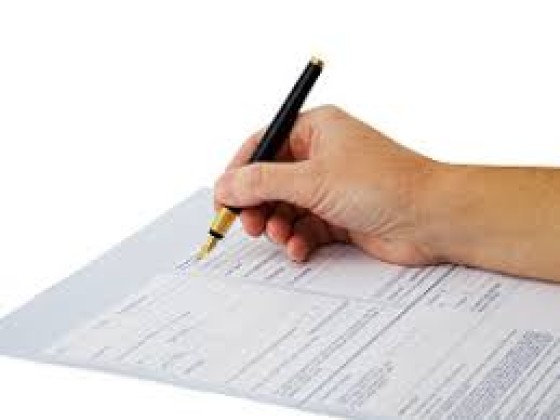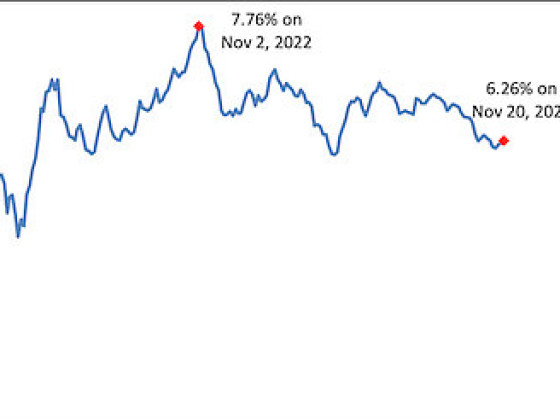What's Hot: Nicklas Backstrom's $12 Million McLean Home Finds A Buyer | HPO Recommends Approval Of Georgetown Conversion
 Are Online Home Value Estimators Helping Buyers and Sellers?
Are Online Home Value Estimators Helping Buyers and Sellers?
✉️ Want to forward this article? Click here.
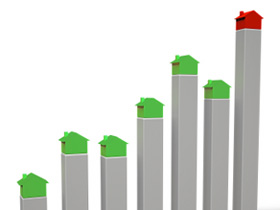
Before the days of Zestimates and Trulia Estimates (launched in September), homeowners didn’t have a tool just a few keystrokes away that would provide them with a current value for their home.
Now sites all over the web are, for better or worse, taking a stab at estimating home values and the valuations that are spit out can range rather significantly. For example, I punched the address of the home I recently purchased into a couple estimators to get a better sense of the accuracy. The Zestimate and the Homes.com estimate differed by more than $150,000.
A Wall Street Journal article this weekend looked into whether or not these widely-ranging values actually help buyers and sellers. Estimates unsurprisingly varied, and while some buyers and sellers used the ballpark figures to narrow down their search and set the price, some sellers were startled by extremely low estimates that brought in initial offers far less than the ultimate selling price.
From The Wall Street Journal:
Zillow surfers who read the “About Zestimates” page find out that the site’s overall error rate—the amount its estimates vary from a homes’ actual value—is 8.5%, and that about one-fourth of the estimates are at least 20% off the eventual sale price. In some places, the numbers are far more dramatic: In Hamilton County, Ohio, which includes Cincinnati, it’s 82%. Zillow has accepted revisions on 25 million homes—perhaps the strongest testament to how seriously consumers take its estimates. Automated models aren’t designed to account for the unique construction details that often make or break a deal, or for intangible factors like a neighborhood’s gentrification.
In our interview with Zillow CEO Spencer Rascoff last year, we learned what factors go into the machine to calculate the Zestimate:
It starts with data about the physical characteristics – number of bedrooms, baths, square footage, lot size – of all the homes in an area, and then looks at the relationship between these characteristics and the sale prices of homes in that area. We also track the accuracy of our Zestimates. When a home sells, we compare the Zestimate value from the day before the sale to the actual sale price. Nationwide, our median margin of error when compared against actual sales is 11.1 percent. This accuracy varies by area, and in DC, the margin of error is 9 percent.
Zillow, Trulia, Homes.com and other sites that offer home estimation tools put out very visible disclaimers to buyers and sellers, most notable of which is that the estimates from these sites should not be used in place of a professional assessment of a home’s value. As Rascoff reiterated to UrbanTurf, “a Zestimate is a starting point in determining the value of a home; it’s not an appraisal.”
See other articles related to: home values, the wall street journal, trulia, trulia estimates, zillow
This article originally published at http://dc.urbanturf.production.logicbrush.com/articles/blog/a_closer_look_online_home_value_estimators/4570.
Most Popular... This Week • Last 30 Days • Ever

With frigid weather hitting the region, these tips are important for homeowners to ke... read »
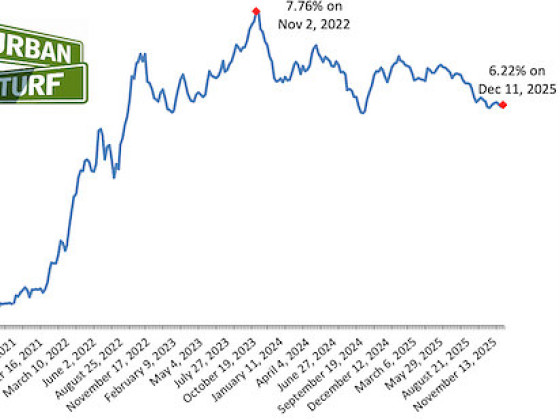
Today, UrbanTurf offers a brief explanation of what it means to lock in an interest r... read »

A new report from DC’s Office of Revenue Analysis highlights how millennials and wo... read »

The number of neighborhoods in DC where the median home price hit or exceeded $1 mill... read »
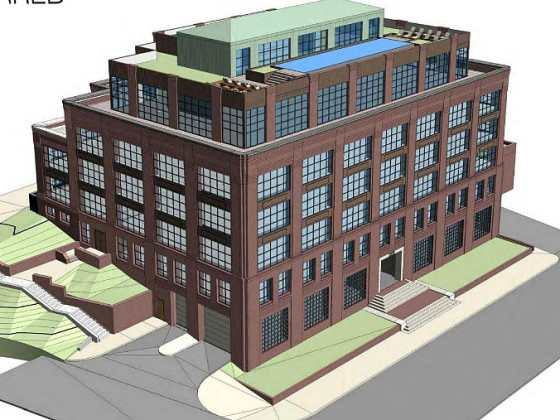
A key approval could be coming for a proposal to convert a Georgetown office building... read »
DC Real Estate Guides
Short guides to navigating the DC-area real estate market
We've collected all our helpful guides for buying, selling and renting in and around Washington, DC in one place. Start browsing below!
First-Timer Primers
Intro guides for first-time home buyers
Unique Spaces
Awesome and unusual real estate from across the DC Metro









